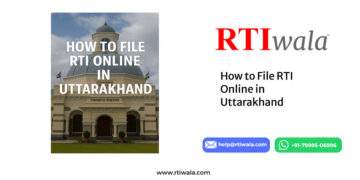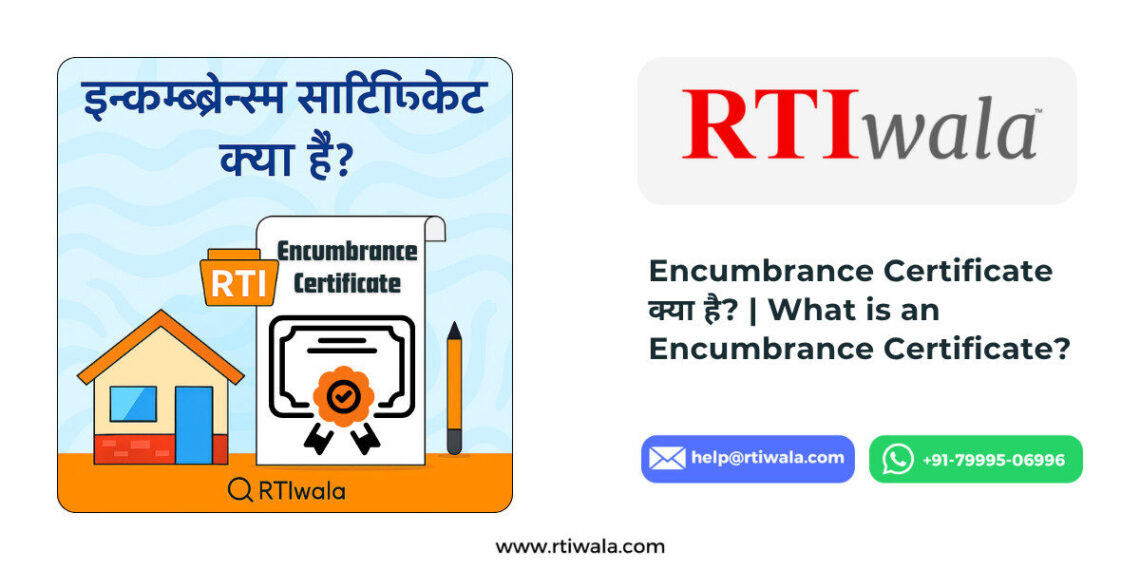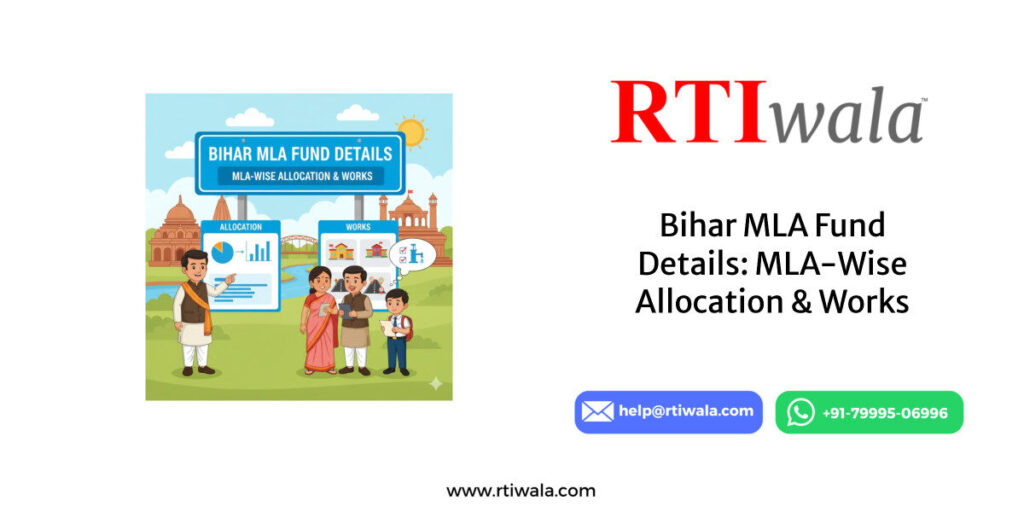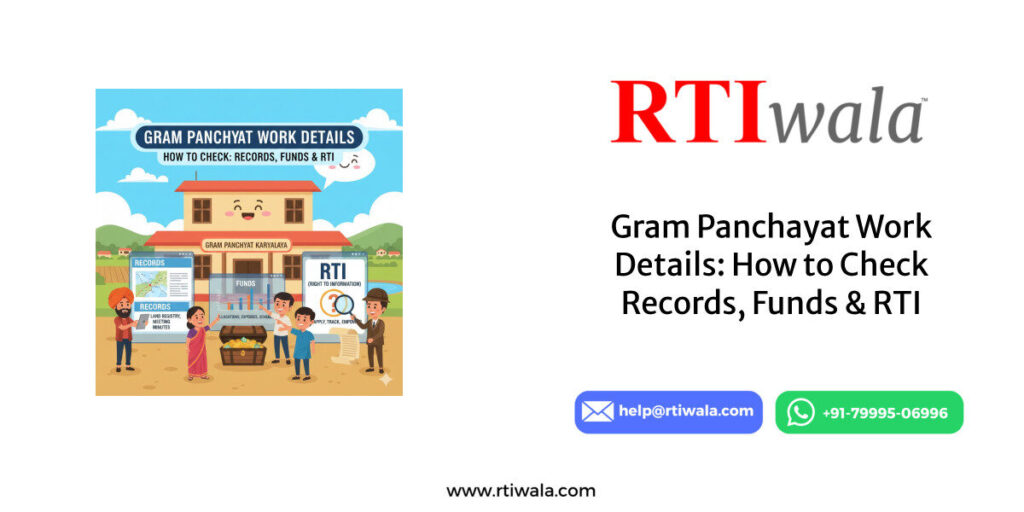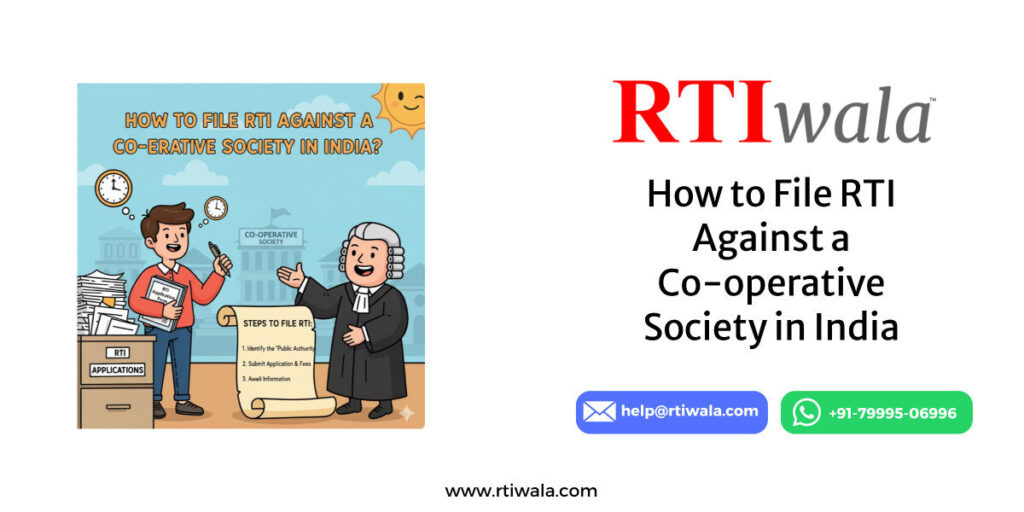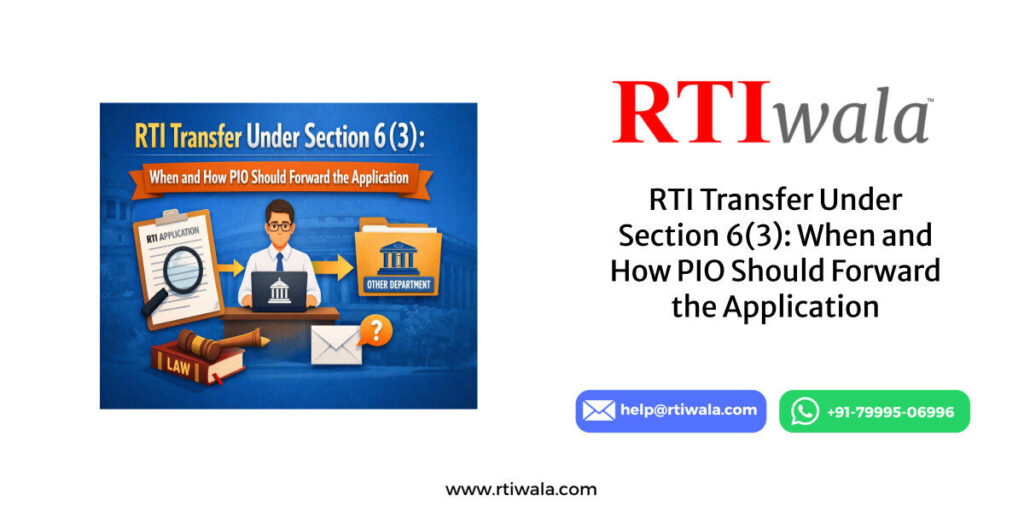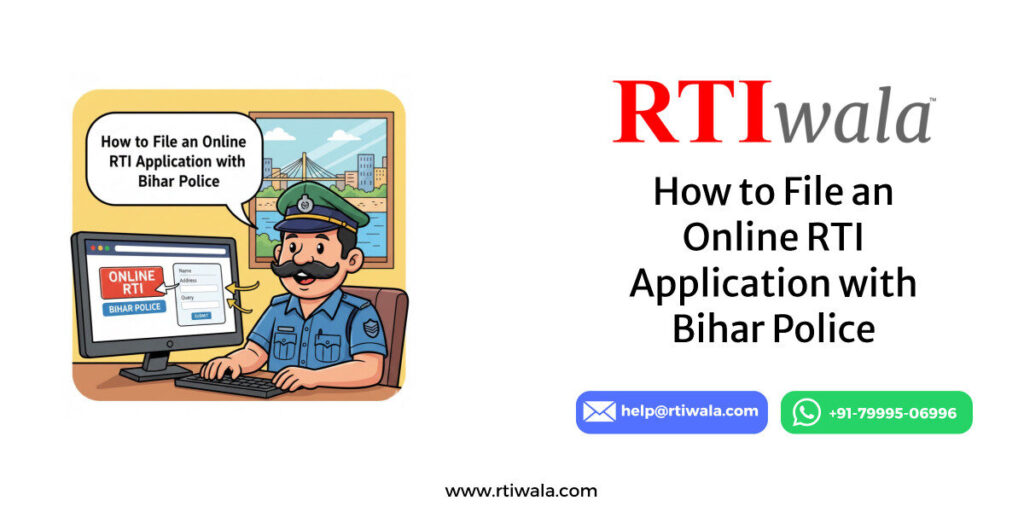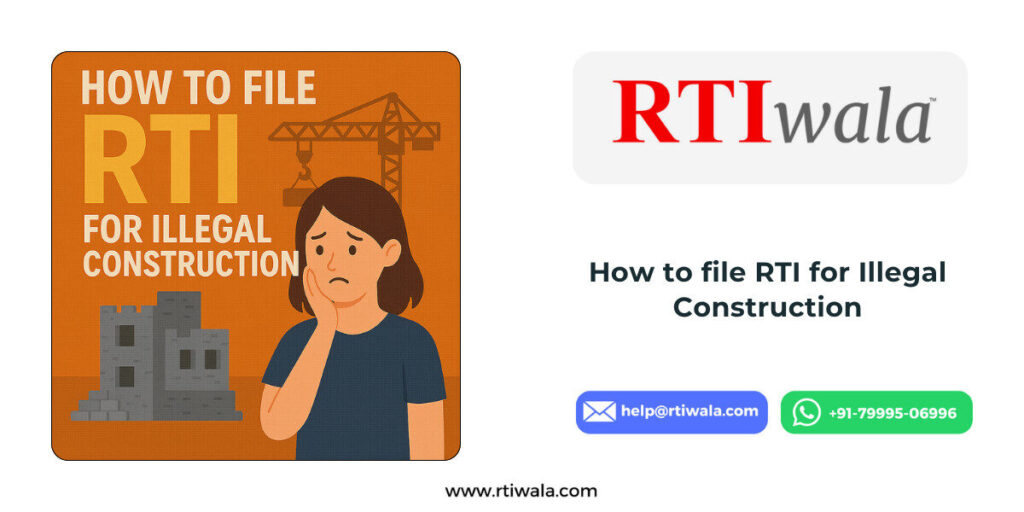Table of Contents
- What is an Encumbrance Certificate?
- Why is an Encumbrance Certificate Important for Property Buyers?
- Common Delays and Fraud Risks in EC Issuance
- How RTI Can Help You Verify Encumbrance Certificate Details
- Step-by-Step Guide: How to File RTI Online for Encumbrance Certificate
- Fear Factor: The Dangers of Buying Property Without an EC
- Common Mistakes While Applying for EC or RTI
- Why Choose RTIwala for Filing RTI Online
- FAQs on Encumbrance Certificate and RTI
- Conclusion: Secure Your Property Legally with RTIwala
1. What is an Encumbrance Certificate?
An Encumbrance Certificate (EC) is an official document issued by the Sub-Registrar’s Office that certifies whether a property is free from legal liabilities, mortgages, or ownership disputes.
It plays a crucial role during:
- Property purchase or sale,
- Home loan approval,
- Property mutation and registration, and
- Legal verification of ownership.
In simple terms, an EC acts as a clean chit showing that the property you’re investing in is not already pledged, mortgaged, or under legal dispute.
Many property buyers in India face fraud because they skip verifying the EC or depend only on agents. This is where RTIwala helps you obtain authentic EC details through RTI — ensuring transparency and peace of mind.
2. Why is an Encumbrance Certificate Important for Property Buyers?
A property might look perfect on paper but could be legally tangled. An EC gives you clarity on whether:
- The property is free from loans or mortgages.
- The title has been legally transferred in past transactions.
- There are any pending litigations or encroachments.
Example: In a recent case from Bengaluru, a buyer discovered through an RTI application that the flat he was about to purchase was mortgaged under another person’s loan. He avoided a major loss thanks to timely information obtained via RTI.
3. Common Delays and Fraud Risks in EC Issuance
Despite being a vital property document, ECs often face delays and discrepancies due to:
- Incomplete online records or outdated manual entries.
- Bribes demanded by local registry officials.
- Property disputes not updated in records.
- Fake ECs circulated by brokers or third parties.
These issues can lead to financial losses, property seizures, or court battles.
To ensure your EC is authentic and accurate, you can file an RTI application through RTIwala and get certified information directly from the Sub-Registrar Office or Revenue Department.
4. How RTI Can Help You Verify Encumbrance Certificate Details
The Right to Information Act, 2005 empowers citizens to seek official information from government offices. By filing an RTI online, you can:
- Verify if your Encumbrance Certificate is genuine.
- Obtain copies of registered property transactions.
- Know the status of EC issuance or delays.
- Ask for details of pending encumbrances, liens, or mortgages.
- Identify officers responsible for delay or discrepancy.
As an RTI applicant, you have the right to demand a certified copy of the EC and its supporting entries from the government database.
Instead of depending on brokers or middlemen, filing RTI online through RTIwala gives you verified information — directly from government authorities.
5. Step-by-Step Guide: How to File RTI Online for Encumbrance Certificate
Step 1: Draft the RTI Application
Write clear and specific questions such as:
“Please provide certified copies of all property transactions registered for Plot No. 32, Sector 5, [City], between 2010 and 2025.”
“Please inform whether the Encumbrance Certificate for Property ID XXXXXX has been issued and the current status.”
Step 2: Identify the Correct Authority
File your RTI application to the Sub-Registrar Office, Tehsildar, or Revenue Department of the concerned district.
Step 3: Pay the RTI Fee
Pay ₹10 fee (can be done online through RTIwala).
Step 4: Submit Online
Use RTIwala’s professional RTI online filing service to ensure your application reaches the right PIO (Public Information Officer).
Step 5: Track and Follow Up
If you don’t receive a response within 30 days, RTIwala helps you file a First Appeal or even a Second Appeal if required.
6. Fear Factor: The Dangers of Buying Property Without an EC
Hidden Loans: The property may be pledged against unpaid loans.
Double Ownership: Without verifying EC, you could buy a property already sold to someone else.
Court Disputes: Missing EC details may mean the land is under litigation.
Financial Fraud: Fake ECs or manipulated entries can trap you into massive losses.
Don’t risk your lifetime savings — verify before you buy. With RTIwala, you can file online RTI and get official property details in writing.
7. Common Mistakes While Applying for EC or RTI
- Not mentioning property details or survey numbers correctly.
- Filing RTI to the wrong office or state department.
- Asking general or vague questions.
- Forgetting to request certified copies of documents.
With RTIwala, your RTI application is drafted professionally, reviewed by experts, and sent to the correct authority to avoid rejection or delay.
8. Why Choose RTIwala for Filing RTI Online
Expert drafting by RTI professionals.
Correct authority identification across India.
Assistance for First and Second Appeals.
Option for Anonymous RTI Filing to protect your identity.
Fast and hassle-free process with digital tracking.
9. FAQs on Encumbrance Certificate and RTI
Q1. What is an Encumbrance Certificate used for?
It shows whether a property is free from legal liabilities or financial loans, ensuring safe transactions.
Q2. Can I check my EC online?
Yes, some states provide EC online, but for official and certified copies, filing RTI online is more reliable.
Q3. Can I use RTI to get a copy of my property’s EC?
Yes, any citizen can apply for RTI online and request a certified copy from the Registrar’s Office.
Q4. What if the Registrar doesn’t respond within 30 days?
You can file a First Appeal, and if ignored again, a Second Appeal with RTIwala’s support.
Q5. Can RTIwala help if I suspect a fake EC?
Yes, RTIwala can help you file RTI online to verify authenticity and expose any fraud or forgery.
10. Conclusion: Secure Your Property Legally with RTIwala
Your Encumbrance Certificate is more than just a document—it’s proof that your property is legally and financially clean.
If you face delays, fake records, or incomplete information, RTIwala helps you uncover the truth directly from official records.
Don’t rely on agents or verbal assurances—file online RTI today and get the truth in writing.














